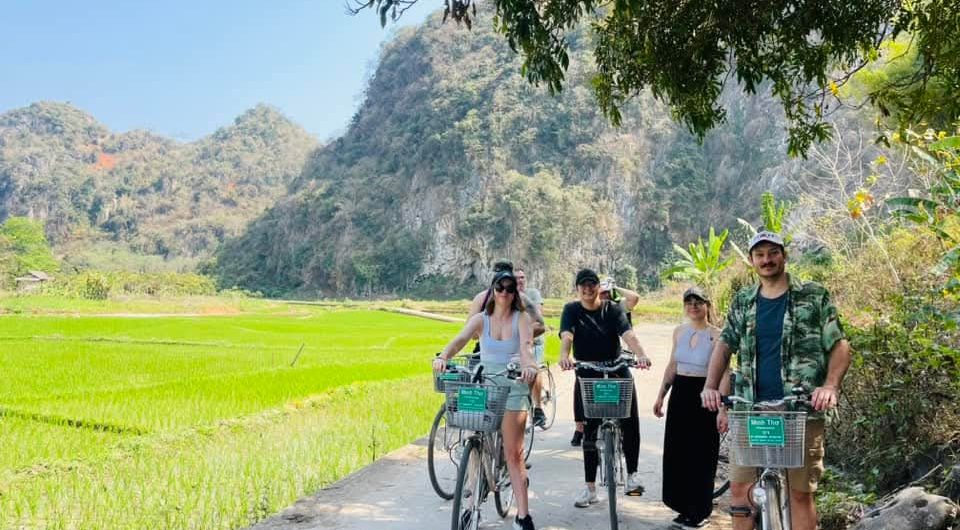Expanded Vietnam visa exemption policy opens doors to 12 additional nations from August 15, 2025.
On August 11, 2025, the Government of Vietnam officially issued Resolution No. 229/NQ-CP, marking a significant step in the country’s strategy to stimulate tourism and enhance its global appeal. Under this new resolution, citizens of 12 additional countries will enjoy visa-free entry into Vietnam for tourism purposes, effective from August 15, 2025 to August 14, 2028.
The newly added countries benefiting from this policy are Belgium, Bulgaria, Croatia, Czech Republic, Hungary, Luxembourg, Netherlands, Poland, Romania, Slovakia, Slovenia, and Switzerland. Travelers holding citizenship from these nations will be granted a temporary stay of up to 45 days from their date of entry, regardless of passport type, provided they meet all other entry conditions stipulated by Vietnamese law.
This expanded Vietnam visa exemption list is part of Vietnam’s Tourism Development Stimulus Program, designed to attract more international visitors, extend their stays, and boost tourism-related revenue. The decision also reflects the government’s commitment to simplifying travel procedures and making Vietnam a more competitive destination in Southeast Asia.
Part of a Broader Visa Liberalization Strategy
This is not the first time Vietnam has taken decisive steps to broaden its visa exemption list. Earlier, on March 7, 2025, the government issued Resolution No. 44/NQ-CP, which granted visa-free entry to citizens of Germany, France, Italy, Spain, the United Kingdom of Great Britain and Northern Ireland, Russia, Japan, South Korea, Denmark, Sweden, Norway, and Finland.
With the latest update, Vietnam has now unilaterally exempted visas for citizens of 24 countries. This list notably includes many key tourism source markets, both in Europe and Asia, reflecting a targeted approach to boost inbound tourism from regions with high travel demand and spending capacity.
In addition, on August 8, 2025, the government issued Decree No. 221/2025/ND-CP, which introduced a temporary visa exemption mechanism for foreigners deemed to have special needs or qualifications to contribute to socio-economic development. This broader, more flexible visa policy is expected to benefit not only tourists but also investors, experts, and cultural exchange programs.
Vietnam Visa Exemption Drives Strong Tourism Growth

Vietnam’s open-door visa policies have already shown tangible results. According to data from the General Statistics Office, in July 2025, Vietnam welcomed 1.56 million international visitors, an increase of 6.8% compared to June and 35.7% compared to the same period last year.
Cumulatively, in the first seven months of 2025, the country received 12.2 million foreign arrivals. This marks a 22.5% increase compared to the same period in 2024, and a 25% rise compared to 2019, the year before the COVID-19 pandemic. These impressive figures signal that Vietnam’s tourism industry has not only recovered but is surpassing pre-pandemic performance levels.
The timing of this visa exemption expansion is strategic, aligning with the upcoming peak travel season from late 2025 to early 2026. With simplified entry procedures and extended stay durations, Vietnam aims to attract more long-haul travelers who tend to spend more on accommodation, dining, cultural experiences, and domestic travel.
Strengthening Vietnam’s Global Tourism Appeal
The inclusion of European countries such as Belgium, Netherlands, Switzerland, and Poland is expected to open new opportunities in tourism marketing. European travelers are known for favoring extended holidays, often combining multiple destinations in a single trip. By offering a 45-day stay—longer than the standard 15–30 days in many countries—Vietnam positions itself as an attractive hub for regional exploration in Southeast Asia.
Furthermore, the combination of diverse landscapes—from the limestone karsts of Ha Long Bay to the ancient streets of Hoi An, vibrant cities like Ho Chi Minh City, and tranquil beaches in Phu Quoc—makes Vietnam a versatile choice for varied travel interests. Coupled with this expanded visa policy, the country is set to strengthen its competitiveness against neighboring destinations like Thailand, Malaysia, and Indonesia, which have long benefited from liberal visa regimes.
Outlook for the Tourism Sector

Industry experts predict that this policy shift will contribute to a surge in European arrivals and an overall increase in international visitor numbers. Travel agencies are already preparing tailored packages for the newly exempted markets, emphasizing cultural tours, eco-tourism, and luxury travel experiences. Airlines may also expand direct flight connections from European hubs to major Vietnamese cities to capitalize on this growing demand.
As Vietnam continues to align its tourism development strategies with global travel trends, the expansion of Vietnam visa exemption list underscores its readiness to welcome more visitors and strengthen its position as one of Asia’s most dynamic and hospitable destinations.

